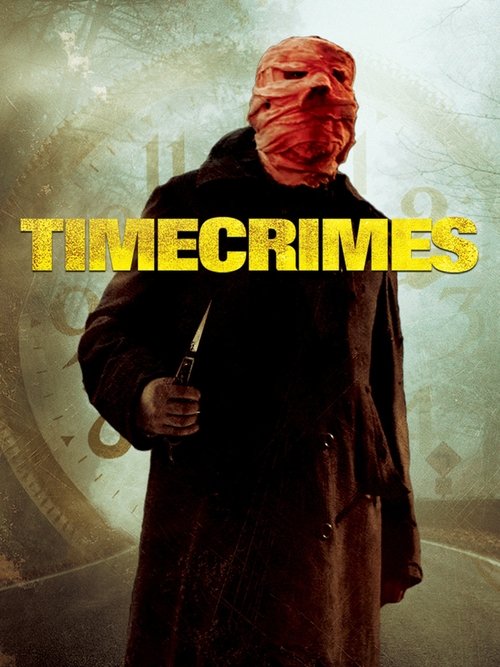
Title: Timecrimes
Year: 2007
Director: Nacho Vigalondo
Writer: Nacho Vigalondo
Cast: Karra Elejalde (Héctor), Candela Fernández (Clara), Bárbara Goenaga (La chica del bosque), Nacho Vigalondo (El Joven), Juan Inciarte (Héctor Ocasional),
Runtime: 92 min.
Synopsis: A man accidentally gets into a time machine and travels back in time nearly an hour. Finding himself will be the first of a series of disasters of unforeseeable consequences.
Rating: 7.014/10